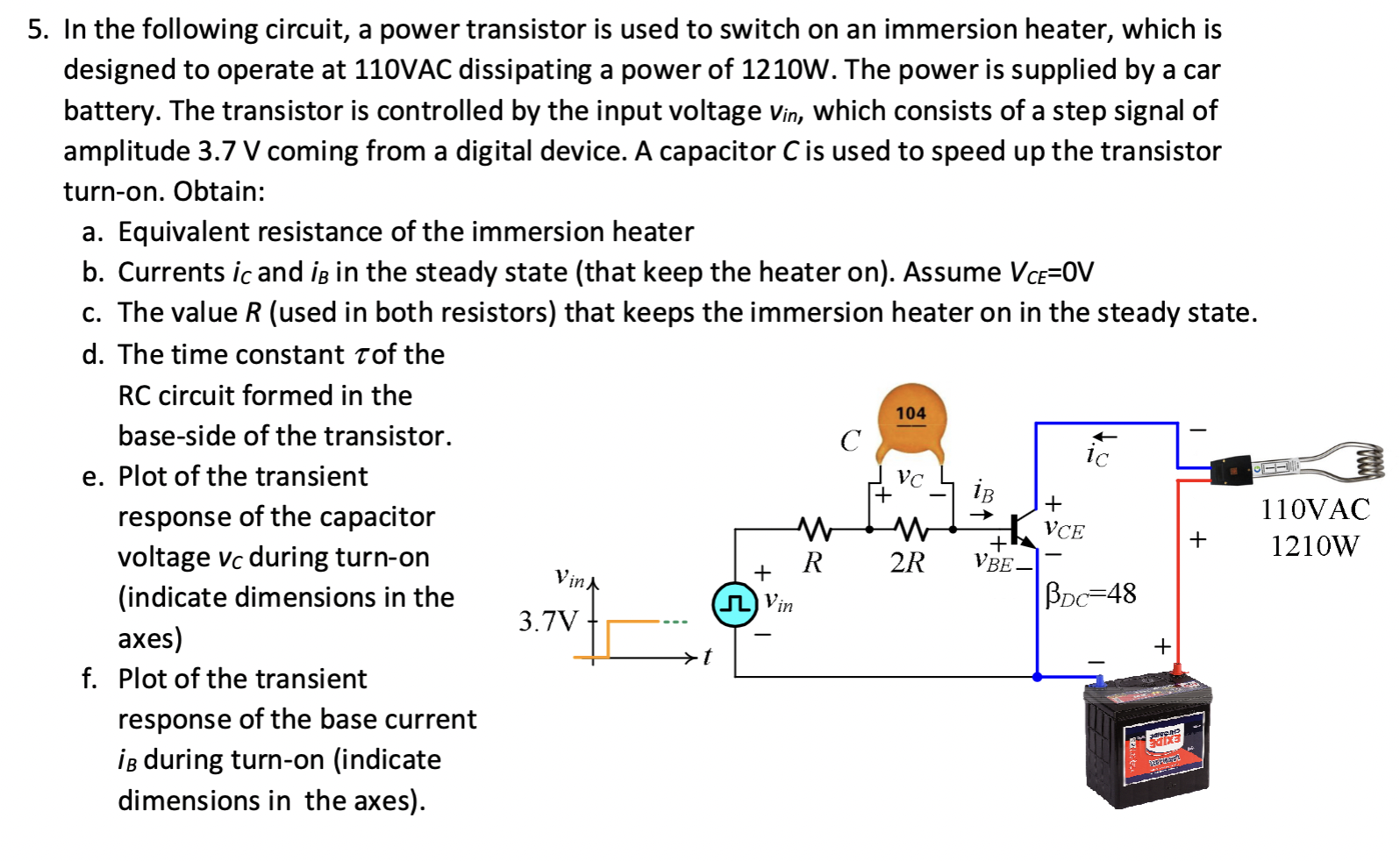Transistors Electrical circuit diagram Power Here's how to set up both the BJT and the MOSFET transistor as a switch so you can easily control things like motors, lamps, and more. These pins are meant to send control signals, not to act as power supplies. The most common way to control another direct current device from a microcontroller is to use a transistor. Transistors allow you to control the flow of a high-current circuit from a low-current source. Video: Transistor Schematics Video: Meet the motors

If we want to connect a load that requires a higher operating current demand of more than 3mA, it will burn the microcontroller. Many output devices will require a transistor switching circuit to operate a high current requirement load, such as relays, solenoids, and motors. How to use it?

Using Transistor Switching Circuit Diagram
Electronics Tutorial about the Transistor as a Switch and using the Transistor as a Switch to operate relays, motors, lamps and other such loads

For the transistor to operate as a switch, a principle of the small base current controlling the large collector load current is used. If you want to control large currents, use the Darlington transistor as a switch

The Transistor as a Switch: A Practical Guide for Beginners Circuit Diagram
When we need to switch moderate to high levels of power, one of the best methods we can use is a transistor with an open-collector output. In this setup, we connect the emitter terminal of the transistor directly to ground. Figure 7 shows the basic circuit for using a transistor to control a high-current load. You connect a DC power source to one terminal of the load, then connect the second terminal of the load to the collector of the transistor (or drain, for a MOSFET) of the transistor.
